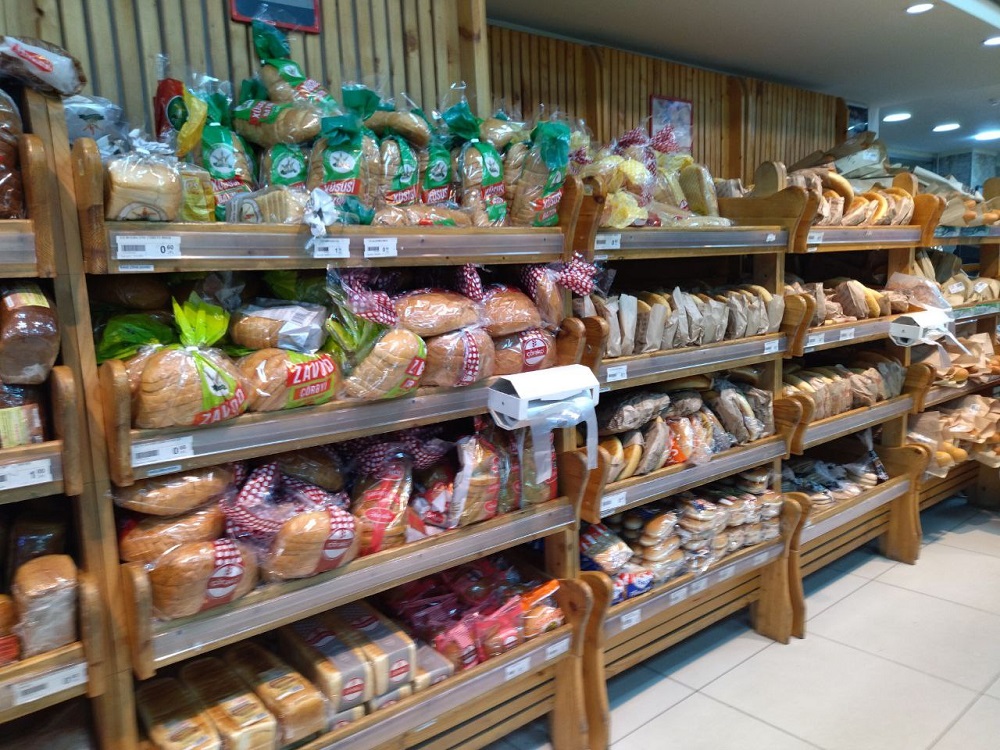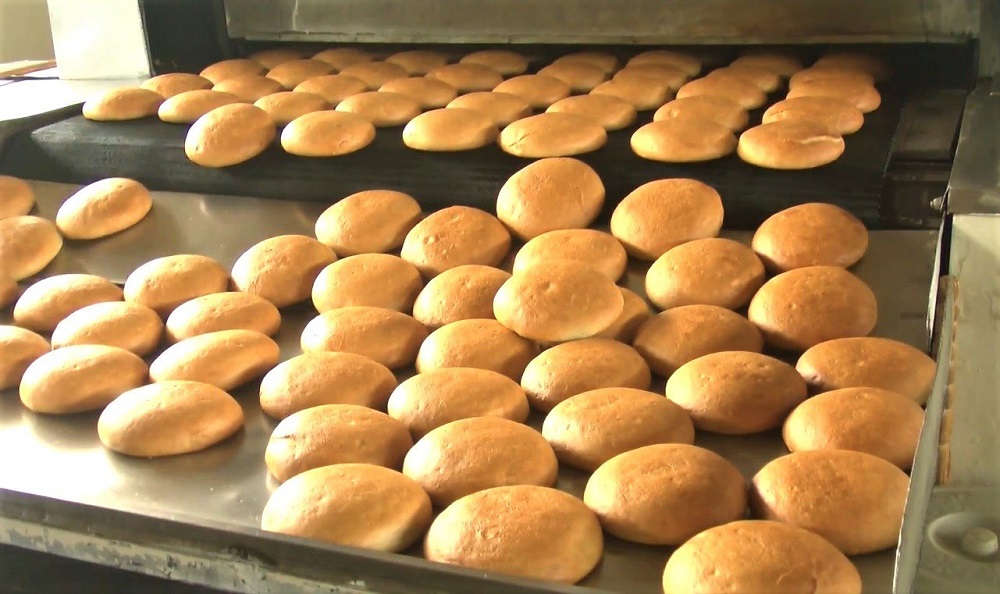Bread prices may increase by additional 30% in Azerbaijan
Bread prices may rise in Azerbaijan
Three months after the last increase in the price of flour and bread in Azerbaijan, people are talking about another price rise. Bread can rise in price by another 30%.
At the beginning of the year the reason was a sharp rise in wages and pensions in the country, now geopolitical factors could affect prices. Azerbaijan imports up to 80% of all wheat from Russia.
Russia’s occupation war in Ukraine did not bypass the economy of Azerbaijan. The ban on the export of strategic products, announced by Russia, may lead to another increase in prices for flour and bread.
The last time the price of flour and bread in Azerbaijan increased at the very beginning of 2022. This was due to a rise in the price of almost all products in the country and a sharp increase of the minimum wages and pensions.
- Living with stigma: problems of formerly incarcerated people in Azerbaijan
- Georgia to provide accommodation for police officers, increase benefits for vulnerable children
- Living with stigma: problems of formerly incarcerated people in Azerbaijan
Under these conditions, when Azerbaijan imports almost 80% of its wheat from Russia, price increases are inevitable, says Natig Jafarli, an economist and one of the leaders of the opposition Republican Alternative party.
Expert commentary
“In January-March of this year, Azerbaijan imported 182,864.17 tons of wheat for $62,391.26. Compared to the first quarter of last year, the price of imported wheat increased by 30.6%, while its volume fell by 2.7%.
I repeat – the volume of wheat imported into the country fell, and the price rose.
Every year, for the production of flour and bread, the country needs supplies of 1,150,000 tons of wheat. In recent months, the price of wheat on world markets has increased by 30%. Russia has imposed restrictions on the export of its wheat.
Azerbaijan meets 80% of its demand for wheat through imports from Russia. Negotiations are underway with Kazakhstan and India, probably there will be new agreements. A shortage of wheat in the country is not expected, but the price will jump sharply – in the coming weeks, an increase in the cost of flour, flour products and bread could reach 30-35%”, Jafarli writes.

In his opinion, there are three ways out of this situation:
“One of them is long-term, the other two are medium-term and medium to short-term.
It is clear that in the long run, Azerbaijan itself must meet its demand for wheat. Today, out of the total amount of wheat grown in Azerbaijan, only 25% is suitable for the production of flour and bread.
For 11,000 years already, since Mesopotamia, man has been growing wheat, even primitively, but he has been breeding, developing methods of irrigating lands. But Azerbaijan still cannot provide itself with high-quality wheat, because there is no scientific approach to business, seed production is poorly developed, there are problems with land reclamation and the provision of fertilizers.
A short-term way to solve the problem is serious state support for bread producers, a well-thought-out subsidized policy. This area of the economy is exempt from taxes, which is good, but the producers of flour and bread must also be subsidized.
The short to medium-term way of solving the problem is more complex and even a little philosophical. But at the same time, it is very important.
Rising prices in itself are not terrible, what is scary is that the level of income of the country’s citizens is low. Incomes must grow faster than prices so that inflation does not turn into a social problem, into an increase in poverty.
For this, the attitude of the government towards business and private initiatives must change radically.
The president himself in his speeches often utters the words “dishonest businessmen, speculators”. It turns out that there is a suspicious and alienated attitude towards business people and private initiatives in the country. As long as respect for the private sector, small and medium-sized businesses is lower than respect for officials, the incomes of the population will not grow.
In turn, if incomes do not grow, then the reaction to rising prices will be sharper and will serve as the basis for social unrest”, said the politician-economist.



















